Solana: No new conditions
Besides full cooperation with the Hague, there are no other conditions in Serbia’s Euro-integration process, says EU High Representative Javier Solana.
Tuesday, 14.07.2009.
09:45

Besides full cooperation with the Hague, there are no other conditions in Serbia’s Euro-integration process, says EU High Representative Javier Solana. In an interview with B92, Javier Solana said that for Serbia’s European integration, the only thing necessary for Hague Chief Prosecutor Serge Brammertz to state in his report to the UN Security Council was that full cooperation had been achieved with the court. Solana: No new conditions Recognition of Kosovo independence and NATO membership were not conditions for Serbia to become an EU member, Solana affirmed. The senior EU official said that what mattered most on Serbia’s EU path was that full cooperation with the Hague Tribunal was achieved. “Once that happens, it’s unthinkable that the doors of the EU could remain closed to Serbia,” said Solana, confirming that recognition of Kosovo’s unilateral independence was not a condition. “No, there are no other requirements. For application of the Stabilization and Association Agreement to begin, it needs to be ratified, and that is the first step towards EU membership. The sooner that is done, the sooner you’ll become a candidate,” said Solana, adding that Kosovo did not constitute a condition in that process. He said that the same was true of NATO: “That’s not a pre-condition. Austria’s in the EU—it’s not a member of NATO. Sweden’s in the EU—it’s not a member of NATO. So that’s no condition, nor any obligation to join NATO in order to enter the EU. The majority of Union states are in NATO, but that doesn’t mean they all have to be in NATO,” said Solana. “In any case, it depends on the will of the Serbian people. No-one wants to order anyone to become members of an organization, or an alliance that they don’t want to enter. That won’t happen,” the EU high representative underlined. After ten years in the job, Solana is due to quit the post of EU foreign and security policies chief at the end of 2009. Previously, he was secretary-general of NATO, a post from which, on March 23, 1999, he ordered the beginning of the NATO air strikes on the former Yugoslavia. “It was all very different then to what it is today. I’m talking about ten years ago. But, as you can imagine, those weren’t the happiest moments in my life, back then, ten years ago,” he said. “I’d rather the conflict could have been settled some other way, but I didn’t take that decision. At that time the leaders of the international community made that decision. But to prevent that from ever happening again, we must work seriously, to finish the EU, to augment the EU with your countries,” Solana said. The EU high representative ended his last official trip to Belgrade promising that, regardless of where he continued his political career, he would never abandon the Balkans or Serbia. Solana resumes his Balkan tour today with visits to Pristina and Skoplje, before moving on to Podgorica. Javier Solana (FoNet, archive)
Solana: No new conditions
Recognition of Kosovo independence and NATO membership were not conditions for Serbia to become an EU member, Solana affirmed.The senior EU official said that what mattered most on Serbia’s EU path was that full cooperation with the Hague Tribunal was achieved.
“Once that happens, it’s unthinkable that the doors of the EU could remain closed to Serbia,” said Solana, confirming that recognition of Kosovo’s unilateral independence was not a condition.
“No, there are no other requirements. For application of the Stabilization and Association Agreement to begin, it needs to be ratified, and that is the first step towards EU membership. The sooner that is done, the sooner you’ll become a candidate,” said Solana, adding that Kosovo did not constitute a condition in that process.
He said that the same was true of NATO:
“That’s not a pre-condition. Austria’s in the EU—it’s not a member of NATO. Sweden’s in the EU—it’s not a member of NATO. So that’s no condition, nor any obligation to join NATO in order to enter the EU. The majority of Union states are in NATO, but that doesn’t mean they all have to be in NATO,” said Solana.
“In any case, it depends on the will of the Serbian people. No-one wants to order anyone to become members of an organization, or an alliance that they don’t want to enter. That won’t happen,” the EU high representative underlined.
After ten years in the job, Solana is due to quit the post of EU foreign and security policies chief at the end of 2009. Previously, he was secretary-general of NATO, a post from which, on March 23, 1999, he ordered the beginning of the NATO air strikes on the former Yugoslavia.
“It was all very different then to what it is today. I’m talking about ten years ago. But, as you can imagine, those weren’t the happiest moments in my life, back then, ten years ago,” he said.
“I’d rather the conflict could have been settled some other way, but I didn’t take that decision. At that time the leaders of the international community made that decision. But to prevent that from ever happening again, we must work seriously, to finish the EU, to augment the EU with your countries,” Solana said.
The EU high representative ended his last official trip to Belgrade promising that, regardless of where he continued his political career, he would never abandon the Balkans or Serbia.
Solana resumes his Balkan tour today with visits to Priština and Skoplje, before moving on to Podgorica.


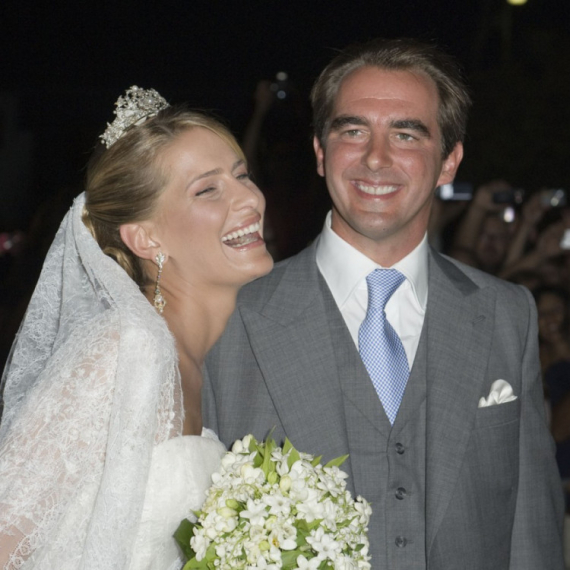







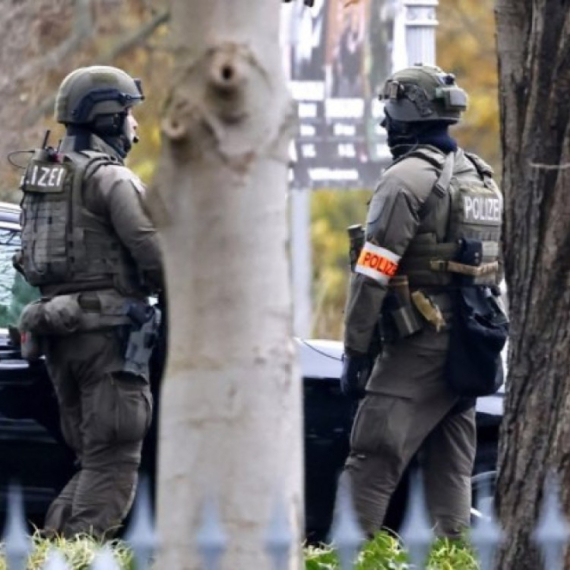


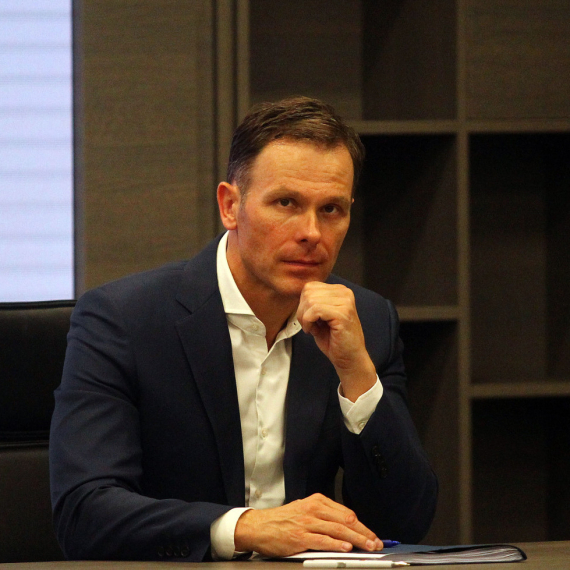
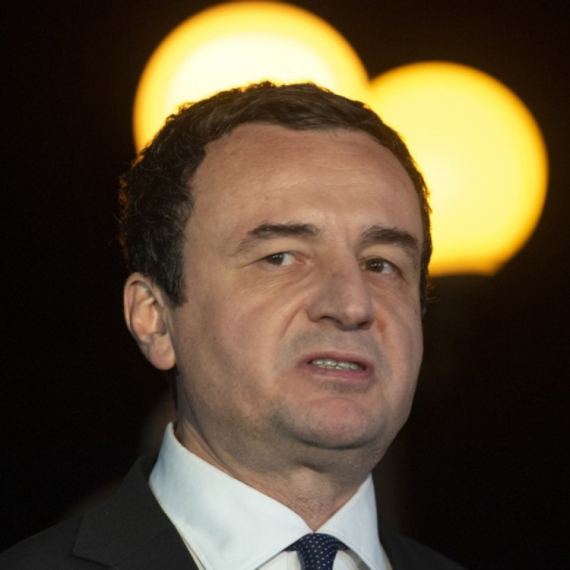
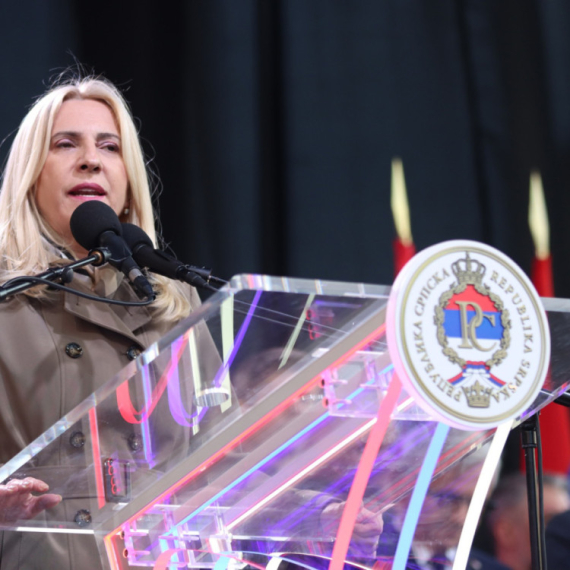
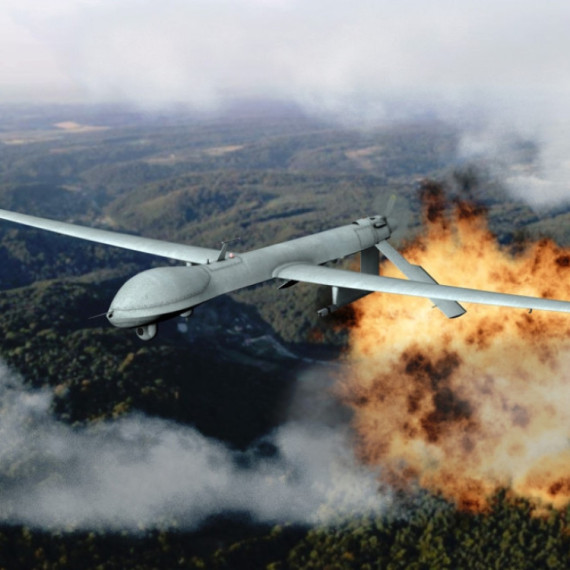























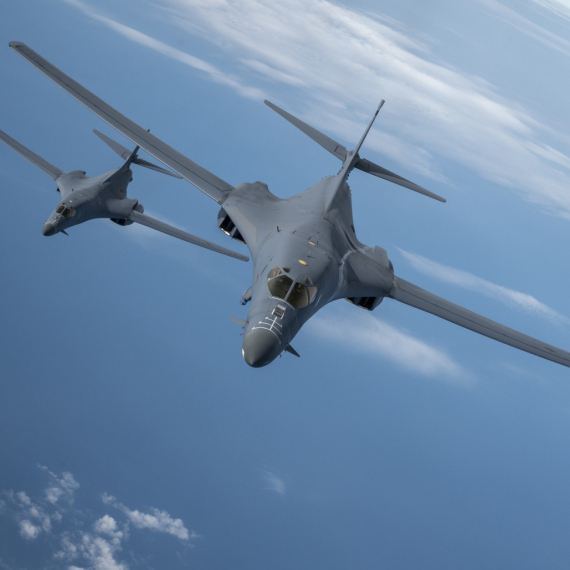
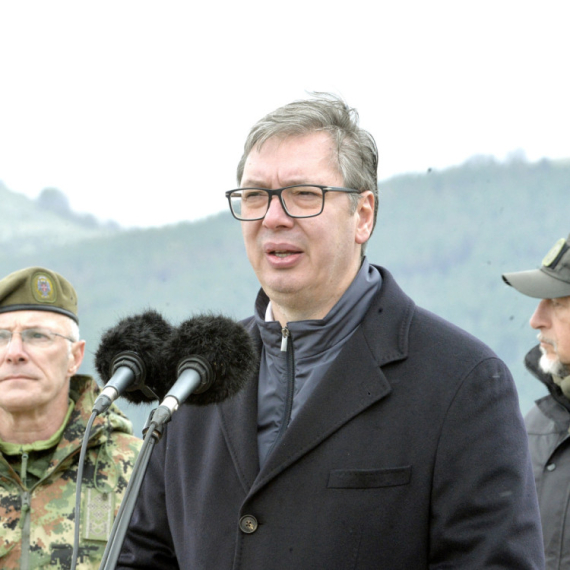
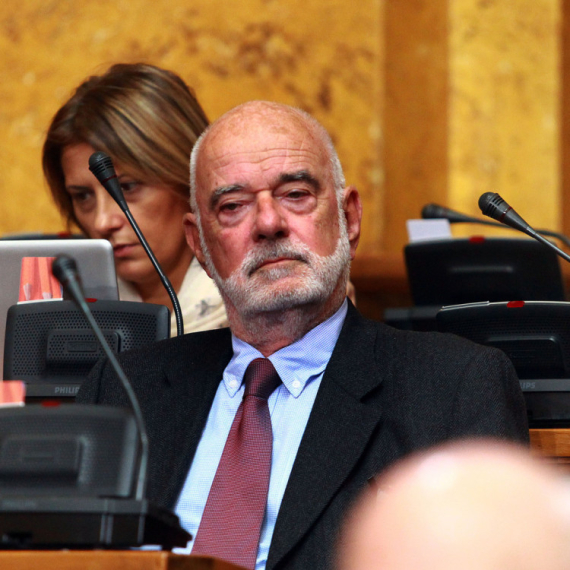



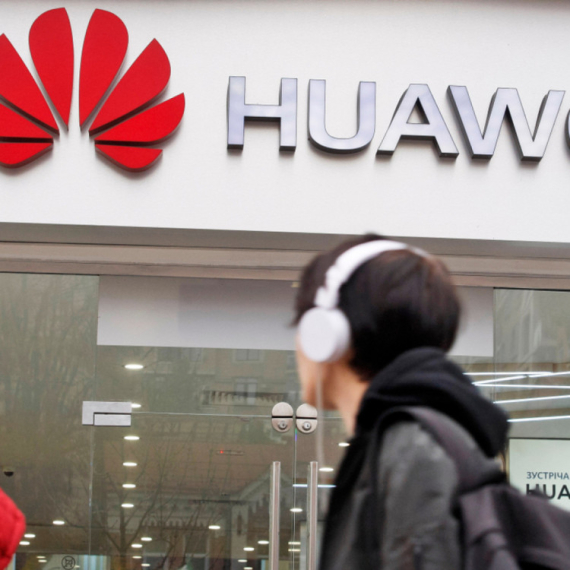

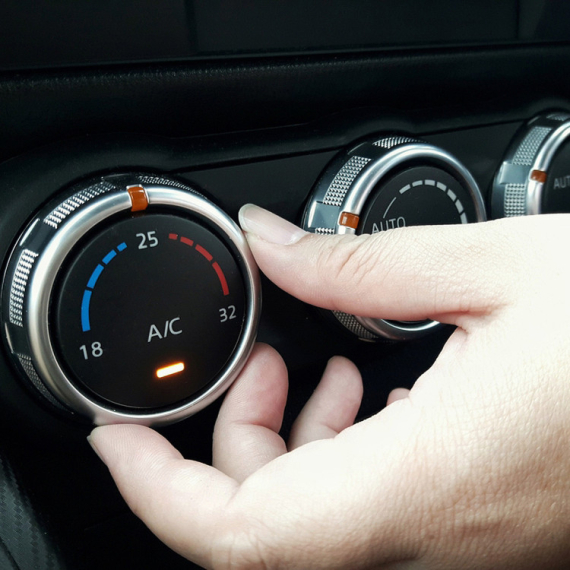

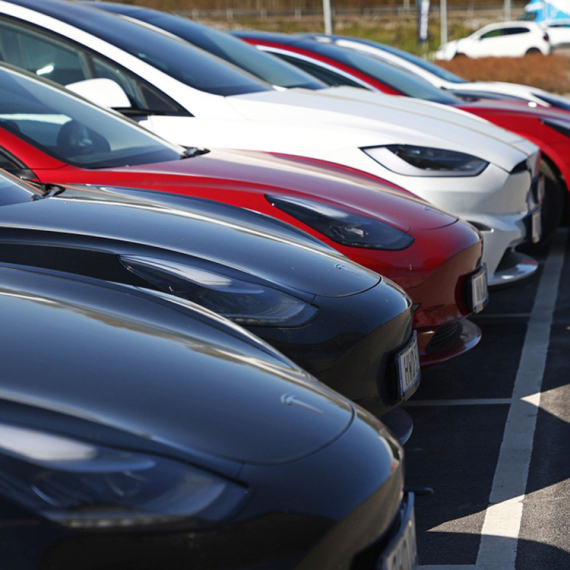



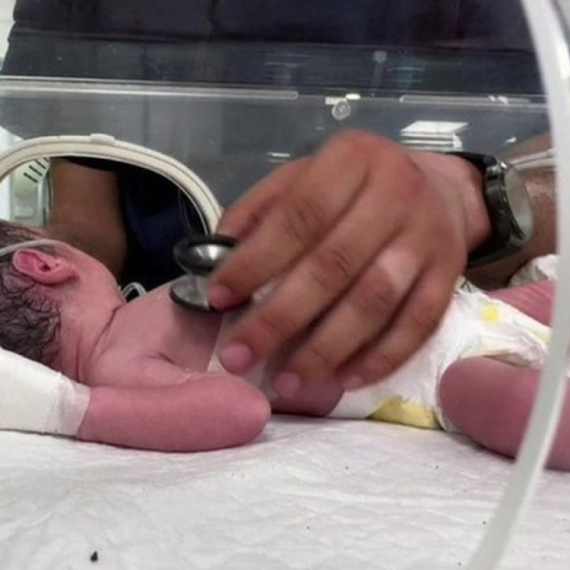

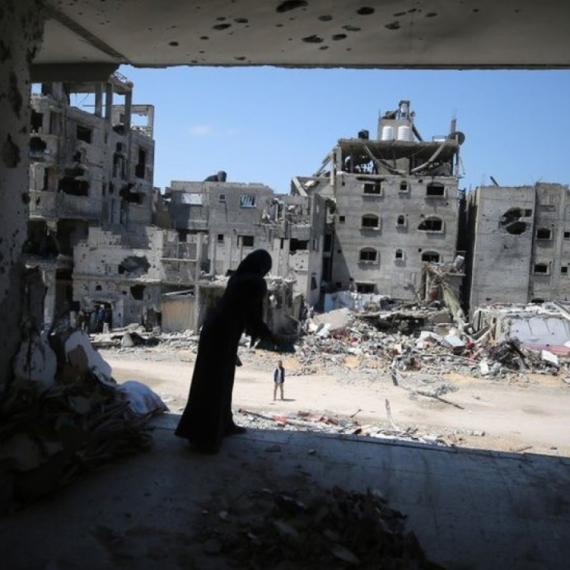

Komentari 4
Pogledaj komentare